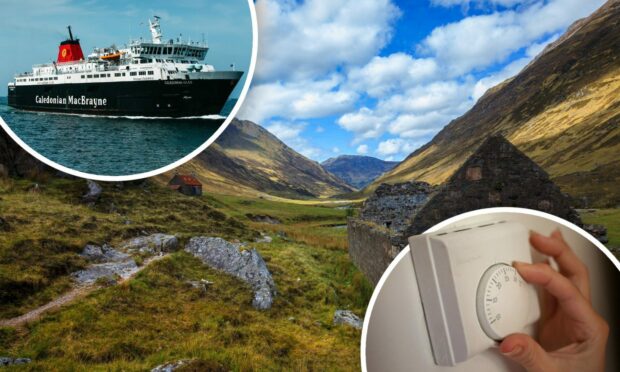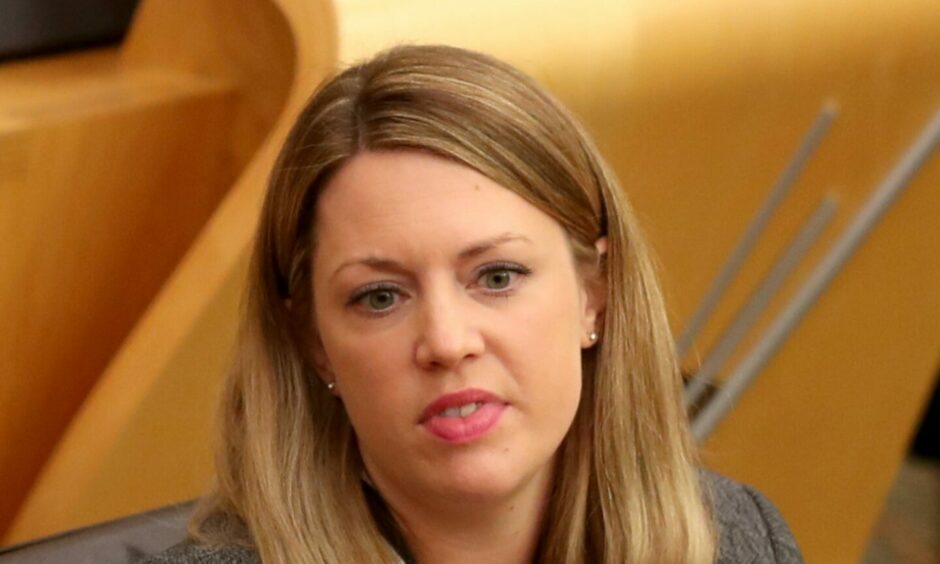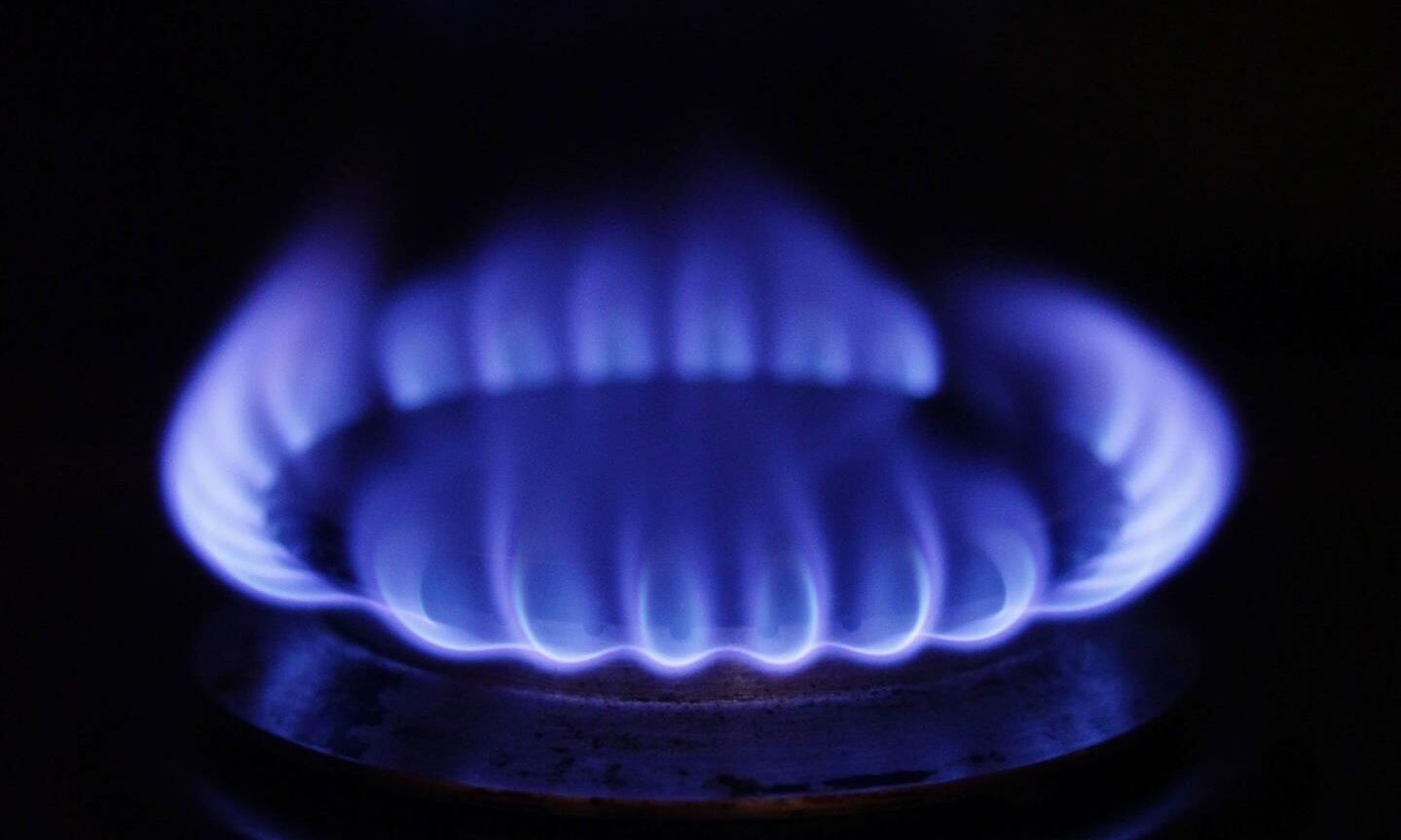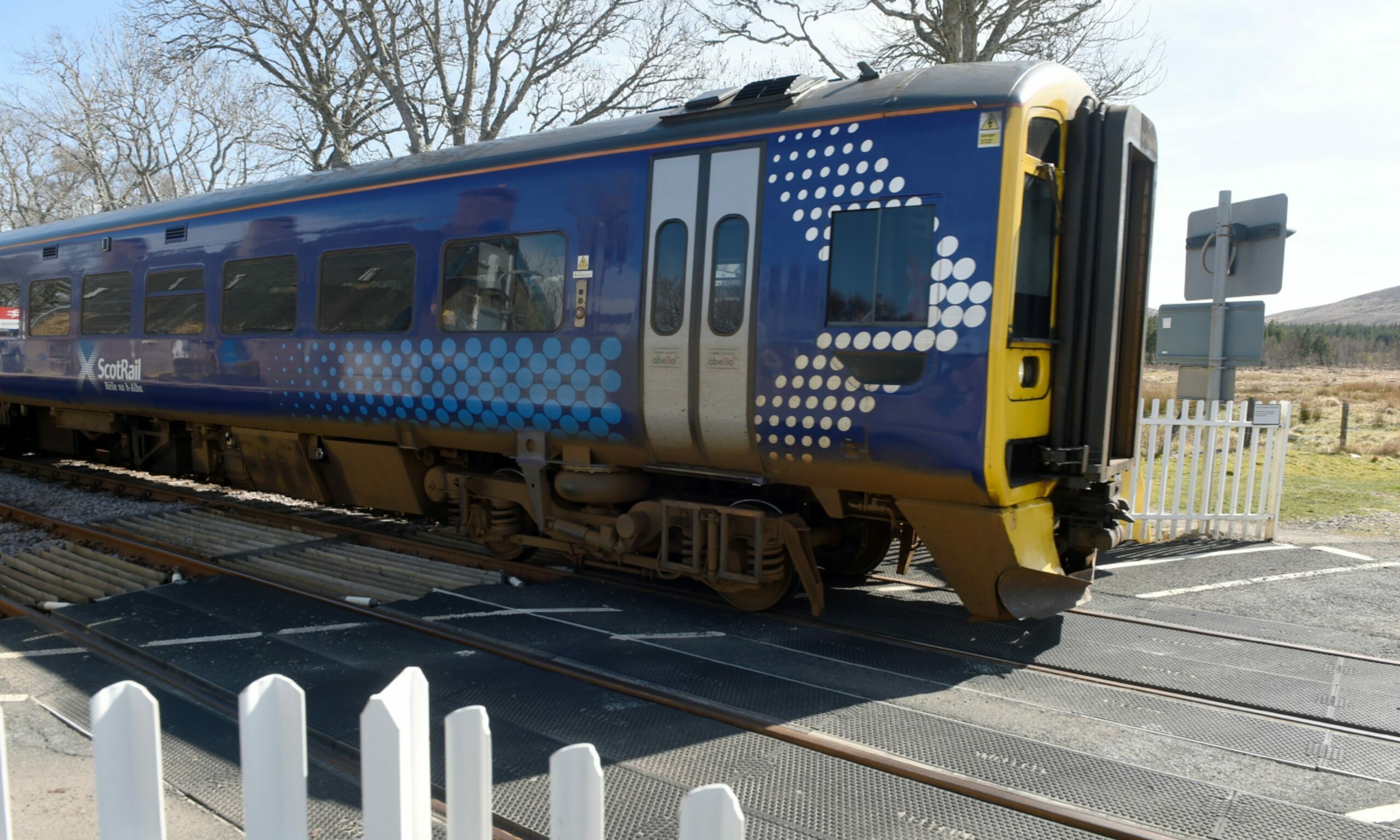From healthcare shortages to transport failures, people in rural communities are often left struggling to access vital services.
Senior SNP government ministers were given another reminder of that view on Tuesday at Holyrood in a grilling over support for people outside the central belt.
A series of questions from MSPs across the region revealed gaps in ferry transport, nursing shortages, new roads infrastructure and public transport – all during a cost of living crisis.
1 – Where’s the modern road network?
In a bid to tempt drivers away from petrol and diesel cars, the Scottish Government has installed thousands of electric vehicle charging points.
While some rural areas are well-served on the basis of their population size, chargers can still be hard to access for those making long journeys.
Transport minister Jenny Gilruth, a Fife MSP, was quizzed by Perth and Kinross MSP Jim Fairlie who said his constituents want to see more charging points.
Ms Gilruth admitted the government would have to tackle “gaps in the network” to ensure areas with low traffic are still well-served.
2 – Nursing and maternity shortages
Nicola Sturgeon’s government regularly boasts that they have increased the number of NHS staff since coming to power in 2007.
But improvements across the board are of little use to locals in smaller towns and villages where acute shortages have become a major problem.
Tory MSP Finlay Carson warned nursing roles are going unfilled in some rural communities as he claimed staff are “overworked and exhausted”.
SNP social care minister Kevin Stewart admitted rural areas can face “distinct recruitment challenges”, with a report last year warning populations in smaller communities are declining.
He said the Scottish Government will introduce a new strategy by 2024 aimed at improving the workforce outside major towns and cities.
SNP minister Angus Robertson blamed Scotland’s rural population decline on Brexit – exactly six years on from the vote to quit the EU – and warned “increased barriers” to immigration will leave key sectors without workers.
3 – Fuel poverty
While people across the country have borne the brunt of the cost of living crisis, some rural communities are in a particularly desperate situation at the moment.
Rural areas suffer the worst levels of fuel poverty north of the border, with the crisis branded “desperate” late last year.
Yet despite the scale of the problem, the Scottish Government admitted they don’t have reliable data to show how Scots heat their homes.
Writing in The Courier, the chair of the Scottish Tenant Farmers’ Association warned those struggling due to fuel poverty are unlikely to reap the benefits of net zero policies at the moment.
With the energy price cap set to rise again later this year, it could be a tough winter for some already struggling to pay their bills.
4 – Train strikes
From the recent ScotRail dispute to the ongoing Network Rail strike, Scotland has been brought to a standstill by train shortages in recent weeks.
But it’s often been communities outside the central belt – who already often lack extensive rail services – who have suffered most.
While a service still runs from Glasgow to Edinburgh during the Network Rail walkout this week, passengers in Tayside and Fife have been left with nothing.
Perthshire hotel owners who lost out on bookings due to the industrial action warned rural businesses would feel the strain.
5 – Ferries fiasco
As the row over who is responsible for the ferry scandal rumbles on, islanders are being left to suffer the consequences.
Two vessels being built by Ferguson Marine were originally scheduled for completion in 2018.
Four years later, neither of them have been finished despite now being long overdue.
A blame game has ensued over who is ultimately culpable, with ex-Ferguson’s boss Jim McColl claiming the SNP only struck a deal in 2015 for their own political self-gain.
The SNP later nationalised the failing shipyard to save jobs and insist vessels can still be built at home despite the past few years.




